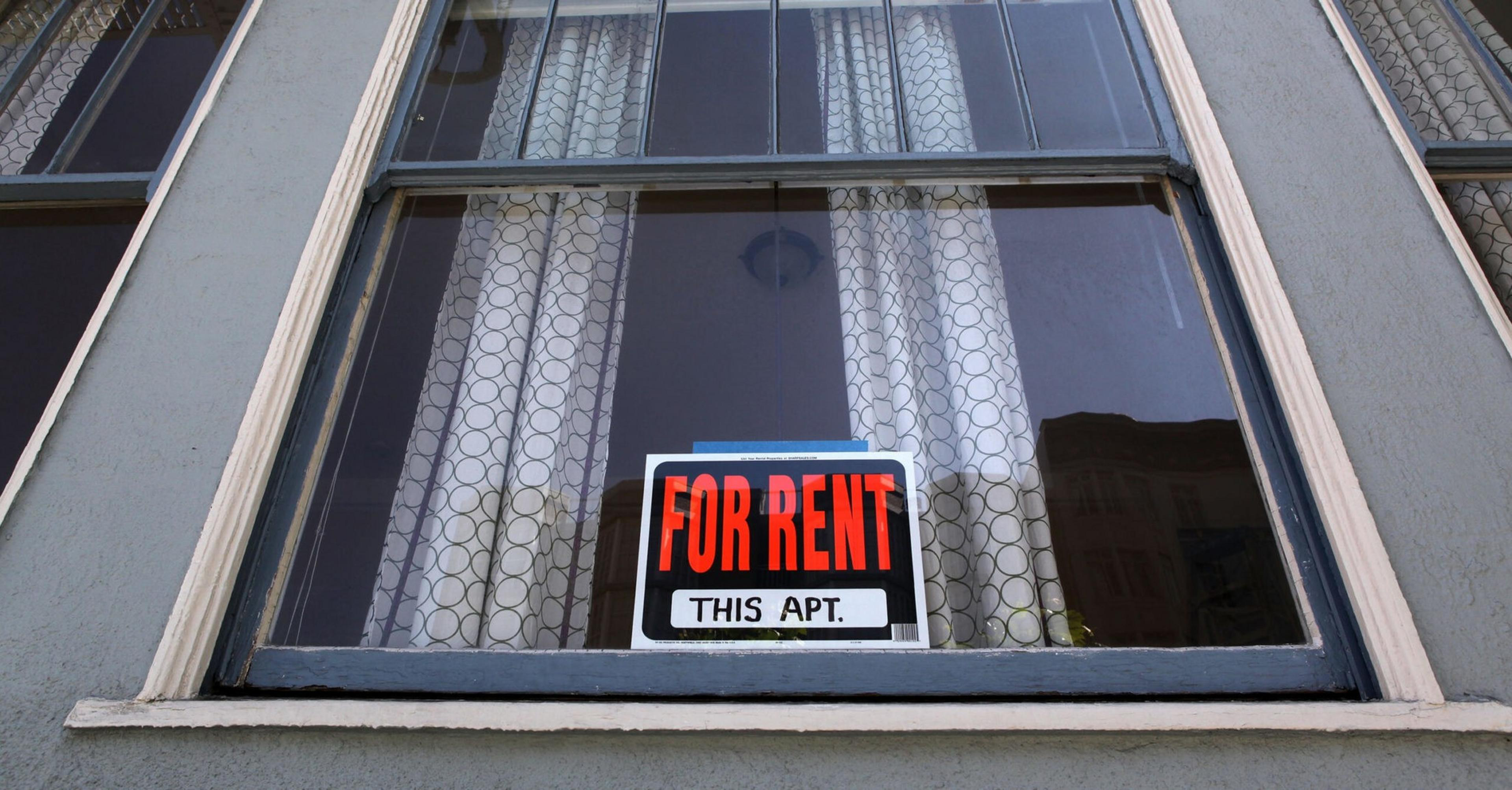When the cutthroat mayoral election was in its home stretch last month, rivals Aaron Peskin and London Breed found something to agree on. After the former fast-tracked a landmark rent control expansion bill through the Board of Supervisors, the mayor quickly followed suit and said she would sign the bill if it cleared one important hurdle.
In order for the law to take effect, California voters would have to approve Proposition 33 during the November election. The ballot measure would have repealed a state law known as the Costa-Hawkins Rental Housing Act, which limited cities’ ability to enact rent control on properties built after 1995.
But according to the most up-to-date count, voters soundly rejected Prop. 33 — by 60% — meaning restrictions on rent control will remain in place. In San Francisco, Costa-Hawkins is back-dated to 1979, when the city passed its last rent control ordinance.
Rent control is a blanket term that describes a variety of policies that can be employed by local municipalities to limit how much a landlord can raise rent each year. Those methods range from limiting or banning price increases to dictating outright how much can be charged for a home.
As evidenced by the Board of Supervisors’ unanimous vote on Peskin’s bill in October, such policies have garnered popular support in San Francisco as the affordability and homelessness crises have worsened.
But a repeal of Costa-Hawkins would have allowed local municipalities the ability to enact rent control in a way that could make new housing prohibitive or unfeasible to build, since rents would not cover construction costs or generate enough of a return for investors.
Therefore, not only apartment building owners were against Prop. 33, but also some pro-housing advocates who otherwise would support renter protections.
“It’s an important tool to help prevent displacement, but it can be abused too,” said Corey Smith, executive director of Housing Action Coalition, which opposed the bill. “The hope should be that one day it’s not needed at all, because it’s only a Band-Aid to address affordability.”

Leading up to the election, there was a groundswell of opposition to the AIDS Healthcare Foundation, which authored Prop. 33. The nonprofit has been criticized for its handling of a portfolio of apartment buildings in Los Angeles, where an investigation last year found that more than 1,300 residents lived in squalid conditions and under the threat of eviction. (opens in new tab)
The measure was the organization’s third attempt to repeal Costa-Hawkins since 2017. All three have failed.
“Once people start seeing the same thing on the ballot over and over again, there can be some fatigue,” said Shane Phillips, a housing researcher at the UCLA Lewis Center for Regional Policy Studies. “Remember what happened to dialysis? It got to the point where nobody knew what they were voting for.”
Had Costa-Hawkins been repealed, Peskin’s bill would have expanded rent control in San Francisco to properties built before 1994. He initially pitched a version extending the cutoff to this year but reversed course after speaking with housing activists and business interests.
The Housing Rights Committee of San Francisco, a tenant advocacy group, said the failure of Prop. 33 was a result of “big corporations with massive budgets putting out huge amounts of misinformation, which succeeded in convincing California voters that rent control would actually hurt them.”
But Costa Hawkins does not leave renters totally out to dry. State lawmakers can reform rent policy anytime they want, Phillips explained, since the 1995 law was also a machination of the legislature.

For example, Assembly Bill 1482 (opens in new tab), co-authored by former San Francisco Assemblymember and current City Attorney David Chiu, passed in 2019. The law capped annual rent increases for existing tenants at 5% plus inflation and, in a compromise to real estate interests, does not apply to properties less than 15 years old or to non-corporate-owned single-family homes.
As for how rent control could be responsibly deployed without stymieing new development, Phillips said he would like to see the state allow cities to set a building age threshold, at around 20 years, rather than a hard cutoff date.
Moreover, he said, municipalities should not be allowed to restrict prices below the current inflation rate, thus preventing a scenario in which landlords purposely keep units empty.
But the lack of housing supply remains at the heart of the crisis, Phillips said.
“You can’t solve that with only rent control,” he said. “If we’re not addressing scarcity and land use, then voters are right to be frustrated.”
